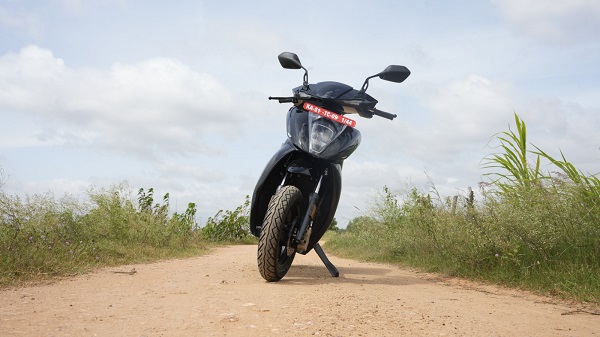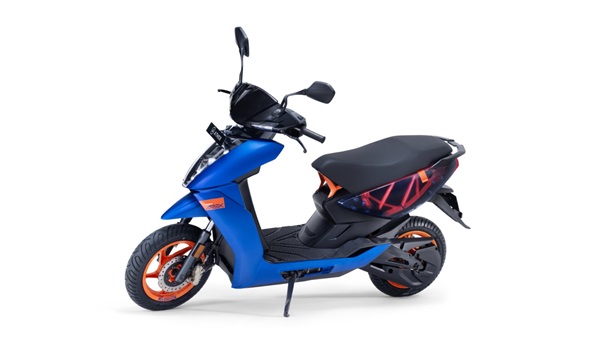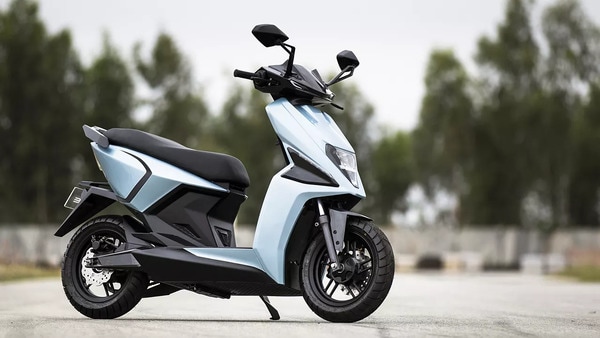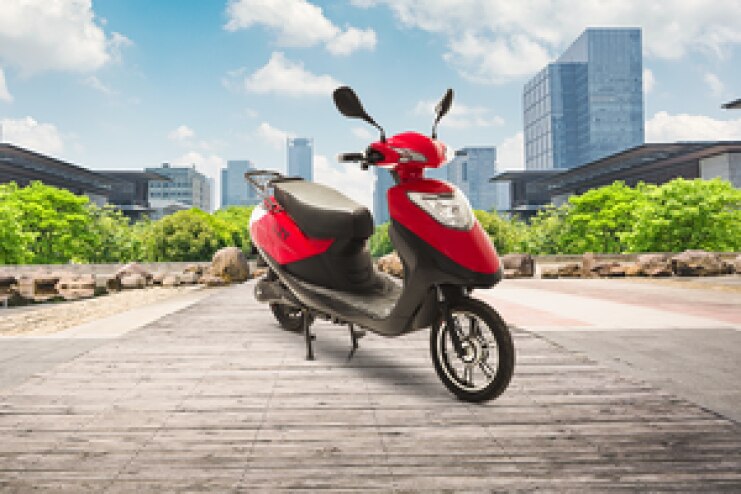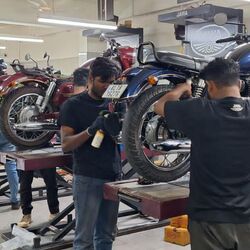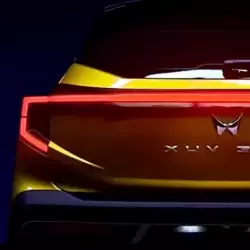FAME-II restructuring EV industry, needs another 3-4 years: Ather Energy
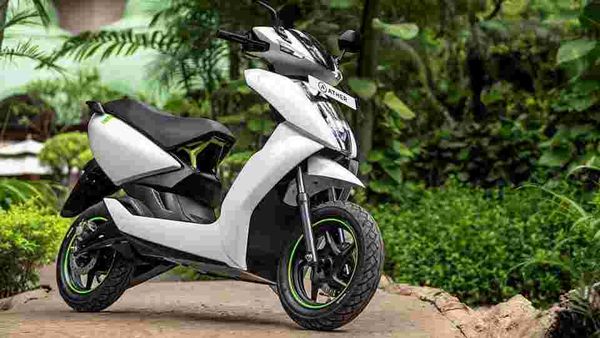

FAME-II scheme, the programme meant to promote electric vehicles in India, has helped in attracting investments in the sector in the country and needs to be extended by another three to four years, according to a top official of Hero MotoCorp-backed Ather Energy.
Also Read : Joe Biden's buy-America dream relies on buying EVs that no one makes
Presenting an opposite view to that of the Society of Manufacturers of Electric Vehicles (SMEV) which asked Finance Minister Nirmala Sitharaman to either rejig the FAME-II scheme or reintroduce FAME-I,Ather Energy Co-founder & CEO Tarun Mehta told PTI that what the "SMEV has said does not look like a considered industry view".
Also check these Vehicles
The SMEV had argued that since its implementation from April 1, 2019, FAME-II has been able to achieve less than 10 percent of its target of supporting 10 lakh electric two-wheelers, five lakh three-wheelers, 55,000 four-wheelers, and 7,000 buses by 2022.
Also Read : Two lithium battery plants to be set up in Karnataka: Deputy CM)
The EV industry body stated that the preconditions and qualification criteria of FAME-II made the electric two-wheelers unaffordable to the mass market customer despite the subsidy.
Opposing the argument, Mehta said, "A policy like FAME-II is not just a demand creation policy. It is actually about creating the right product. It is restructuring and rearchitecting the entire EV industry to build a new kind of product for the consumer. A journey like that takes three to four years. It is going to be fuelled by a lot by a completely new distribution."
He further said, "We are obviously going to see a lot of sales pick up in the next two to three years. I believe FAME-II needs to be a six to seven years policy, not a three-year policy. I am certainly looking forward to FAME-II being extended by three to four years."
Citing the examples of Ola's planned investment of ₹2,400 crore on an electric two-wheeler plant and Bajaj Auto's move to set up a new manufacturing unit at Chakan at an investment of ₹650 crore to produce high-end bikes and electric vehicles, he said it is only after FAME-II came out that legacy players as well as start-ups, including Ather, began doing the bulk of investments.
It is "because investors see the confidence. Yes, it is a good policy. This policy will support good competitive electric vehicles that can actually have a shot at replacing petrol vehicles finally," Mehta asserted.
"FAME-II, in particular, has been the driver of these investments in the last couple of years because it has incentivised local production and has incentivised high-quality products," he added.
Stating that FAME-I did not encourage a transition like that, he said, "FAME-I encouraged EVs to be toys, which no customer would want to buy. FAME-II finally changed that completely, which is where investments started pouring in. Ola raised a lot of money in 2018, we raised a lot of money in 2018-19. Why? Because finally our investors see a future of EV because of FAME-II and our results have started bearing fruit only now."
Completely disagreeing with SMEV's opinion, he added, "In fact, I am deeply disappointed by the view published by the organisation. After almost 14 years of selling EVs in the country it is obvious and apparent to everybody that the time for importing technology, time for importing China-made vehicles is well past its expiry date."
This is not the time to still be talking about selling low-speed electric scooters that do 20-30kmph, he said adding, "that frankly nobody really wants to buy. The industry has not practically grown for over a decade-plus. It used to do 70,000-80,000 units per annum back in 2011-12, even in 2019-20, it is doing roughly the same."
When reached out for comments, a spokesperson of SMEV said, "We support the 100 percent localisation of EVs fully, most members are asking only the extension of timelines due to COVID-19. ...two-wheelers bikes are now available across all price segments and it is left to the customers choice whether they want an affordable bike or a high-end one. Currently, the market is highly skewed towards the affordable segment and these are not getting sufficient incentive under FAME 2."
Mehta said the EV industry has grown quite a lot, especially on the supply side in the past couple of years with a lot of new products coming out.
He asked the government to also start looking to provide support on the supplier side and infrastructure.
Stating that a lot of global automotive suppliers want to start setting up large capacities in India to produce EV components, Mehta said, "India can be a natural hub for all of South East Asia... It is a great time for the government to attract those investments. Some supplier side incentives, whether it is on the capex side or taxation side will push the needle a lot."







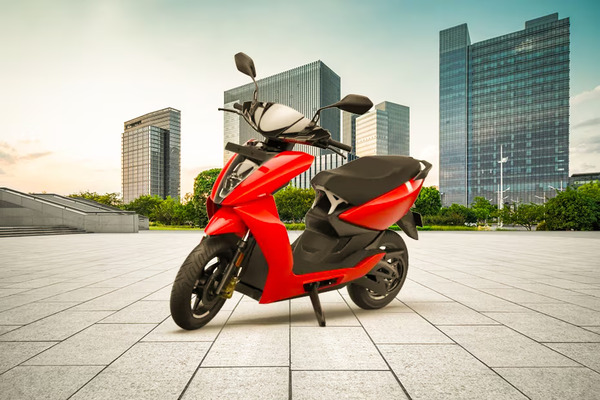
 3.7 kWh
3.7 kWh 150 km
150 km